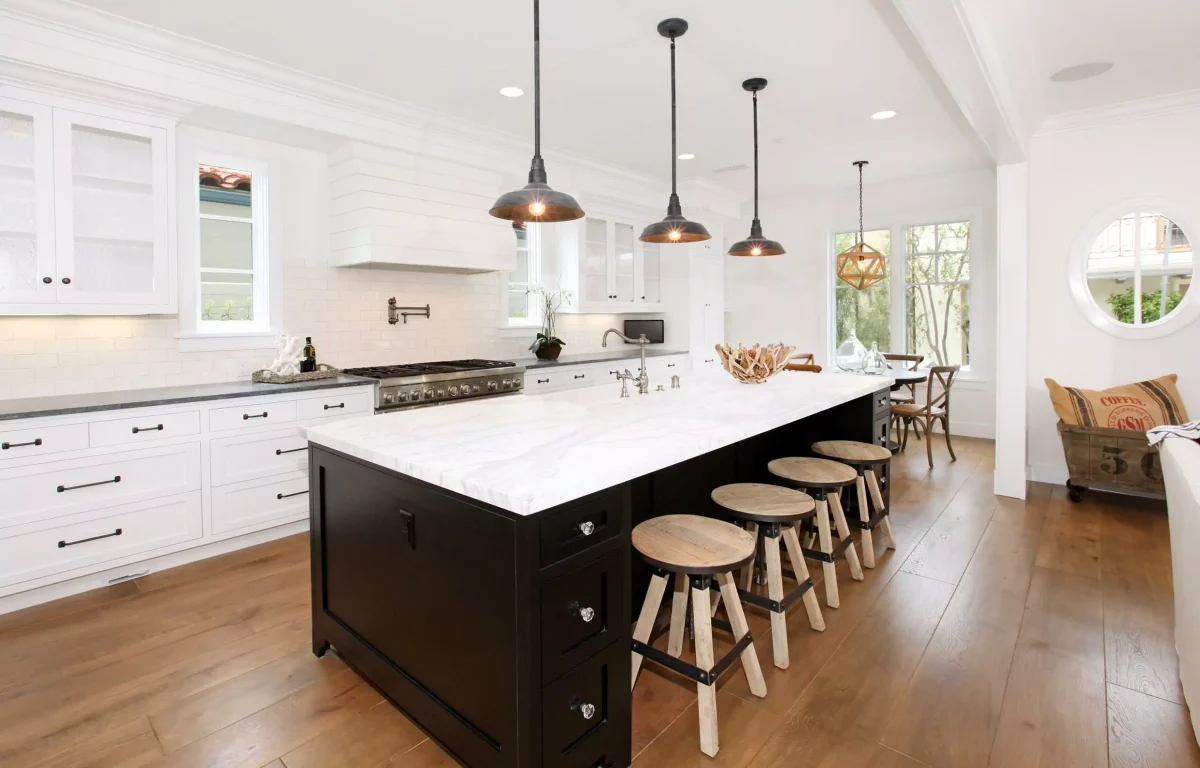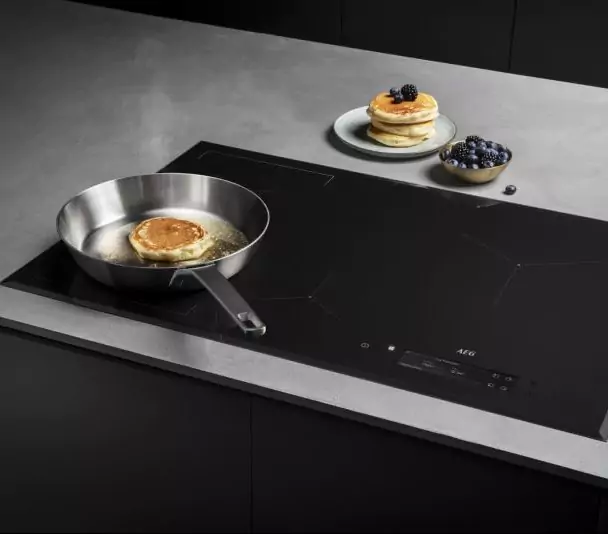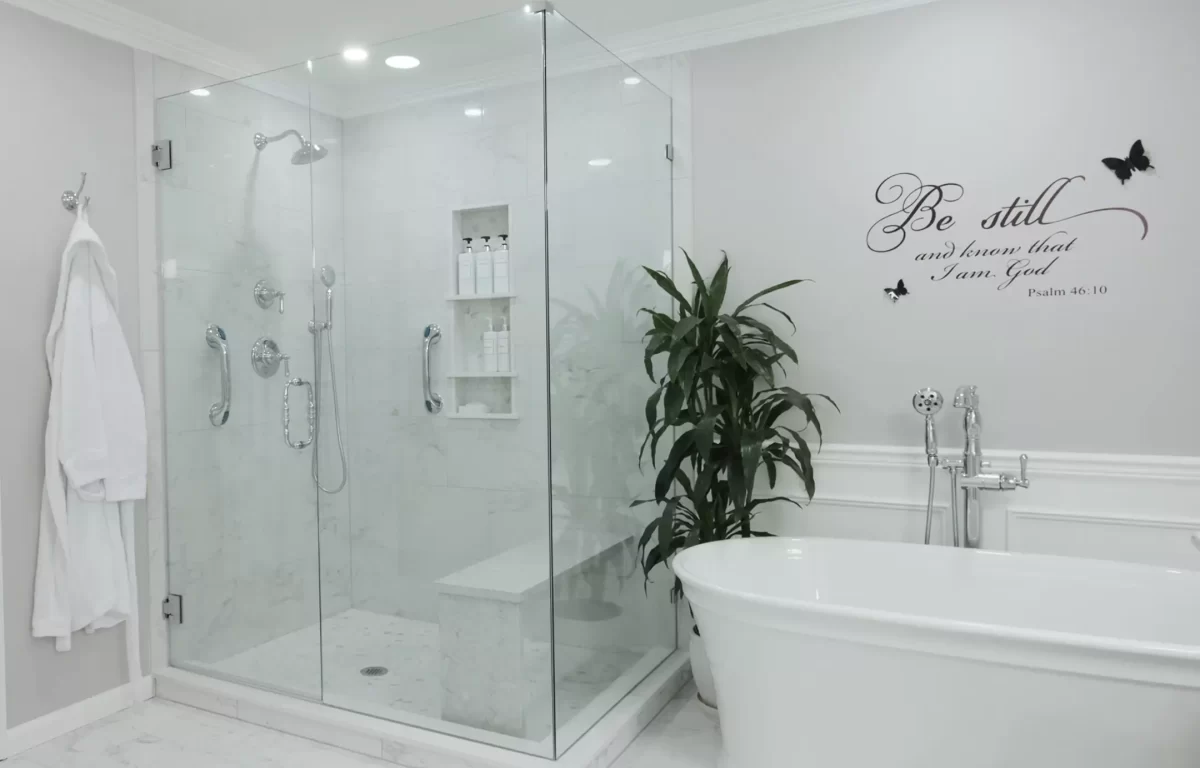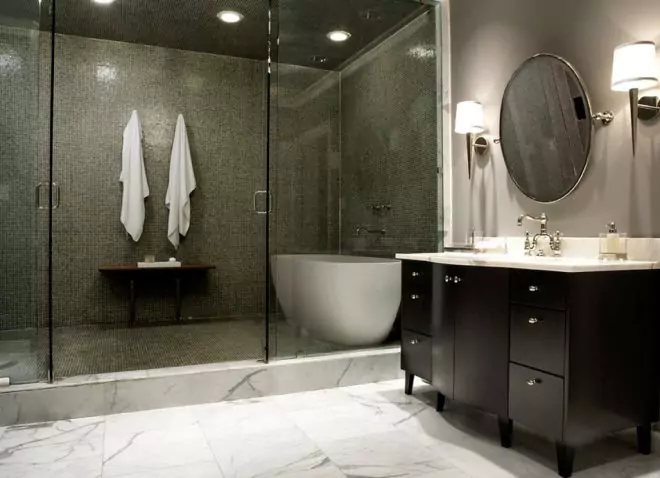Do You Need Permits To Remodel a Bathroom?
In addition to cost, one of the major issues factoring your bathroom remodel renovation, particularly when considering a DIY remodel, is what permits would be needed and how much it will cost. Most contractors know in advance which projects need a permit but as a homeowner, particularly in Seattle, you should be aware of these requirements in order to avoid getting fined. There is a general rule that if your bathroom remodels consists of construction work related to structural, electrical, plumbing, or mechanical upgrade, you entail getting a permit.
When you DON’T require a permit for Your Bathroom Remodel?
As indicated by the Seattle Department of Construction & Inspections, minor repairs or modifications that cost less than $6,000 in any 6-month period will not go through the process of licensing. The $6,000 limit depends on the fair market value of labor and parts, regardless of whether your bathroom remodel is a do-it-yourself project.
Likewise, miscellaneous kitchen work does not entail the creation of additional permits:
- Repoint a chimney
- Install kitchen cabinets
- Panel or other surface finishes over existing wall or ceiling frameworks. Or your new plumbing or electrical outlets should connect to the current lines and junction boxes, no new frameworks are displayed or added.
- Limited repair or comparative replacement of decayed structural parts, for example, substitute a sink, faucet, countertops, or toilet.
When you require a permit for Your Bathroom Remodel?
Doing a complete remodel of your bathroom would oblige permits and a full set of inspections in almost any situation. The most noticeable thing is that you need permission for the related construction work on load-bearing structures, building envelope enhancements, and improvements regarding egress, light, ventilation, or fire resistance, no matter how small the project might be.
In fact, a kitchen remodel is necessary to get permits for these grey areas as following
- Plumbing permit (~$300)
Plumbing permits are often seen as an annoyance and one more hassle slowing your progress. If you simply substitute your faucets and toilet, you will possibly be able to forgo this permit.
Otherwise, for those remodel projects taking place a significant bathroom rebuilt; homeowners have to conceivably get a plumbing permit. Any construction work that will change your existing bathroom layout, for instance, replacing a tub having 2″ drain to be code-compliant, a plumbing permit would be acquired to avoid getting fined. Another upgrade that might force you to get a plumbing permit is to switch from galvanized pipes to copper or PEX or some improvements to the plumbing behind the walls.
- Electrical permit (~$300)
An electrical permit is required when you install, alter, extend, or connect electrical wiring to any electrical equipment, including signs. If you simply replace broken or damaged electrical outlets, light fixtures, and light switches with a like replacement, you don’t have to obtain an electrical permit. Keep in mind that a grounded outlet cannot be placed in an ungrounded box and you should hire an authorized electrician to install grounded GFI outlet for your family safety
- Building permit (~$800, depending on the value of your project)
The possibility of requiring a building permit will highly be triggered if 2 permits above are included in your bathroom project. A building permit that you must get at the beginning of a major bathroom remodeling project including major construction work, for example, opening up walls, removing old fixtures, tile, or flooring.
Fortunately, for a bathroom innovation, you can usually only get a Construction Permit – Subject-to-Field-Inspection (STFI). There are some tips on getting permit approval and the fee schedule can be found from the Seattle Department of Planning and Development. In general, when you apply for comparatively simple construction projects that do not require extensive plan review, Seattle will issue these permits on the same day.
Inspections
Depending upon the scope of your project, there may be inspections included in your permit fee along the way. Employing a reputable contractor who is knowledgeable in building codes could save a significant amount of time without doing extra work. If your construction project is eligible for an STFI building permit (see above), it would be up to the inspector to guarantee that you follow current building codes rather than an office worker inspecting your projects before they are completed.
In case that you’ve hired a general contractor, you should probably go through these below steps:
- You need to go through your first inspection, which is called the rough-in inspection. Once all the wiring and plumbing are set up but before the walls are closed up, electrical, plumbing, and building inspectors will be arranged by your contractor to make sure that your kitchen progress is up to code.
- Another round of inspection will take place once your progress is finished. When there are adjustments that need to be made, you’ll be given a checklist of items to be changed. Another appointment with the inspectors should be scheduled to verify it was fixed properly.
- Before getting the building inspector’s final approval, your general contractor will test for proper installation of items such as insulation on exterior walls to ensure that the plumbing and electrical inspectors have signed off.
Caution with the unlicensed handyman trap
Employing a handyman could be a good choice in case you’re only doing a little cosmetic facelift. If that person is skilled and licensed as a contractor, hiring a handyman will function admirably. But the real danger is when a handyman works as a general contractor, offering to proceed with the un-permitted work for the sake of saving your money. You are going to end up getting fined $500 a day.
What’s more, obtaining a permit retroactively can regularly be considerably more costly and substantially more problematic than having gotten the permit before work starts. If Seattle building inspectors require any modification to get your project to be in accordance with city inspection procedures, this would be money-consuming, time-consuming for the removal process and the acquiring of a demolition permit.
How much does it cost?
For construction permits – addition or modification, fees depend on the value of your project. Once you apply your plans, you pay approximately 75% of your fee and the rest when you pick up your permit. You will be additionally paying hourly fees for other reports including drainage and geotechnical reviews.
How long does it take?
How much time to receive the final permit depends on how complicated your project is and how many changes are made. It will take within 2-3 weeks to complete the project’s initial analysis of basic permit applications and 8 weeks to complex plans. Also, you may be able to get a same-day STFI permit for small projects
For further details, we suggest that you should always consult with the Seattle Department of Construction & Inspections – House Additions & Remodels – before beginning any remodeling project, even if you only intend to do a relatively cosmetic upgrade.
If you would like to set up an appointment to discuss your plans for your bathroom remodeling project and required permits, please feel free to get in touch.





